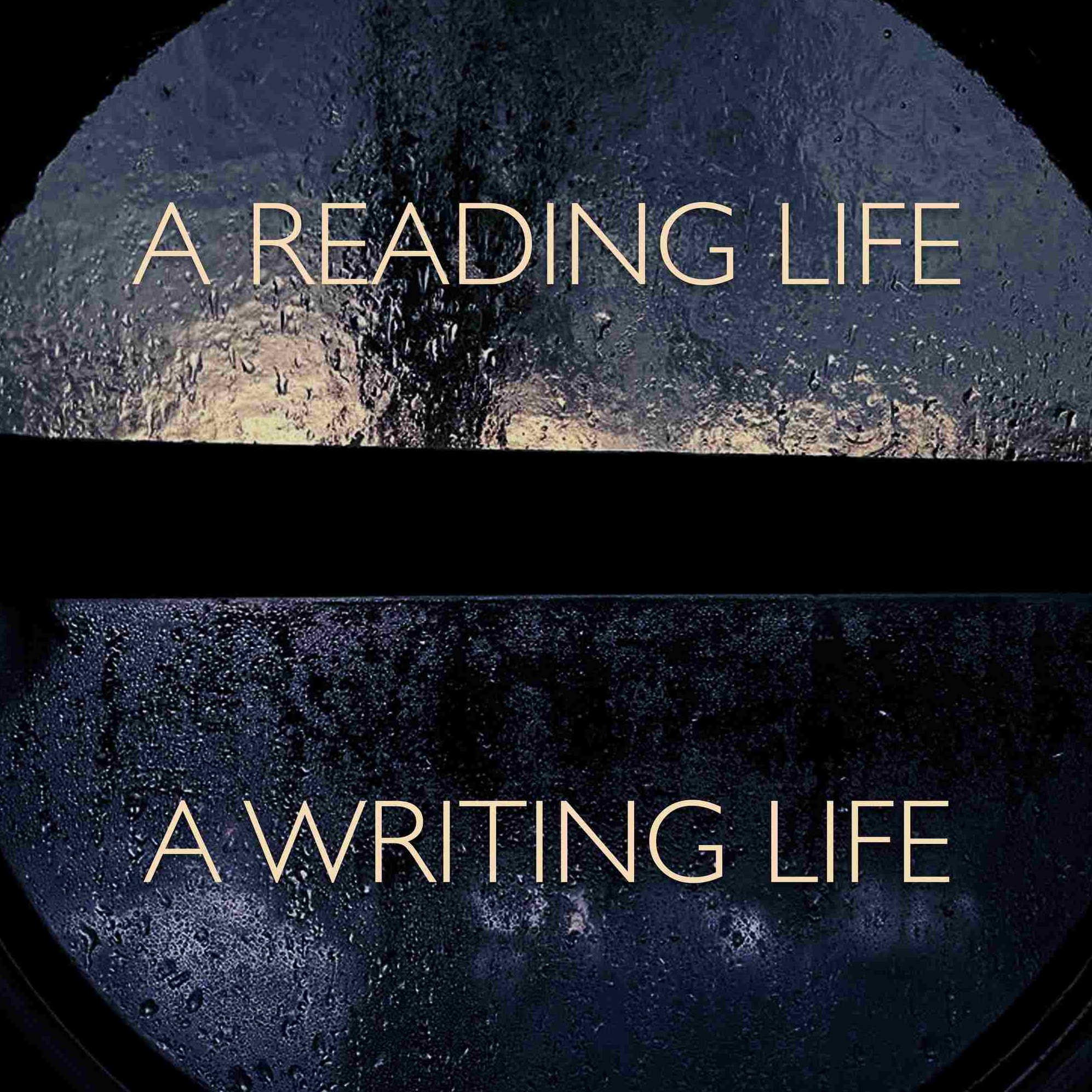

A Reading Life, A Writing Life, with Sally Bayley
Sally Bayley, Andrew Smith
Acclaimed writer Sally Bayley lives on a narrowboat, surrounded by the sights and sounds of nature, sustained by reading and writing. In this series, she invites us into her life, showing us how books have the power to change your life. Sally has recently been diagnosed with an auto-immune disease, but this is not a misery memoir podcast; she shows us how literature and connection to nature can console and give courage and insight. The series is produced by Andrew Smith, James Bowen, Lucie Richter-Mahr, and Dylan Gwalia.
To find out more about Sally please visit: https://sallybayley.com.
To find out more about Sally please visit: https://sallybayley.com.
Episodes
Mentioned books

Sep 28, 2023 • 14min
Inhabit the Garden
The podcast discusses T.S. Eliot's 'Burnt Norton' and the speaker's preparation for a performance at the Oxford Chamber Music Festival. They reflect on childhood memories, the influence of the speaker's mother, and the concept of home. The podcast also explores the themes of hidden music, pale pink roses, and lost and found purses.

Sep 23, 2023 • 15min
Froggie and the Golden Ball
In this podcast, Sally Bayley tells a cautionary tale of a frog in pursuit of acclaim and discusses finding inspiration in unexpected places. She reflects on the importance of privacy for writers and the need to write for oneself rather than seeking fame. The speaker also shares a personal experience of finding solace in nature and expresses gratitude to the listeners.

Sep 7, 2023 • 9min
The Farrier
The podcast explores the use of visual references in writing, with a focus on a painting of a farrier. The speaker reflects on the role of writers as ghostly observers and the importance of silence in a noisy world.

Aug 29, 2023 • 8min
A Field Guide to Reality
Sally is reading A Field Guide to Reality, the debut novel by the Granta Best of Young British author Joanna Kavenna, originally published in 2016 and set in a surreal, quantum alternative Oxford University.
Sally will be in conversation with Joanna Kavenna and fellow writer Elizabeth Lowry at Blackwell's Bookshop in Oxford, from 6pm on September 5th. They will discuss many of the themes of the podcast; reading, writing and the intersection with life and living - and it's free to attend! More details here:
https://www.eventbrite.co.uk/e/s-bayley-e-lowry-and-j-kavenna-a-reading-life-a-writing-life-tickets-688044298017
You can find out more about Joanna's writings here:
http://www.joannakavenna.com/
And Elizabeth Lowry here:
https://elizabethlowry.co.uk/

Aug 28, 2023 • 16min
The Chosen
Starting a new book is like starting a new relationship, and Sally is reading Elizabeth Lowry's The Chosen, a ghost story and a love story about Thomas Hardy and his estranged wife.
Sally will be in conversation with Elizabeth Lowry and fellow writer Joanna Kavenna at Blackwell's Bookshop in Oxford, from 6pm on September 5th. They will discuss many of the themes of the podcast; reading, writing and the intersection with life and living - and it's free to attend! More details here:
https://www.eventbrite.co.uk/e/s-bayley-e-lowry-and-j-kavenna-a-reading-life-a-writing-life-tickets-688044298017
Elizabeth Lowry's The Chosen has been shortlisted for the Walter Scott Prize for Historical Fiction. You can find out more here:
https://elizabethlowry.co.uk/
You can find out about Joanna Kavenna, who is also appearing in the event, here:
http://www.joannakavenna.com/

Aug 23, 2023 • 38min
Sally talks to Will Self Part Two
The podcast explores the life and works of writer W.G. Sebald, discussing his writing style and use of photographs. They also discuss reading and writing approaches, the impact of books on readers, and the issue of dumbing down in education.

Aug 22, 2023 • 2min
A short announcement and a live event
Just a short announcement by Sally about an exciting event coming up - recorded with the help of Magnificent Maeve Magnus.

Jul 26, 2023 • 8min
Mrs Robinson
Reflections on the isolation and longing of a neighbor who lived upstairs, contrasting experiences of being seen or unseen in life, exploring the mysterious nature of Mrs Robinson and her love and presence.

Jul 25, 2023 • 22min
The Exquisite Melodrama of the Writer
Sally Bayley launches her new book, feeling the pressure while her neighbors are away. She finds solace in reading Robinson Crusoe and relates to its psychological ups and downs. Sally reflects on the importance of willpower, determination, and paying attention. The podcast also explores the isolation experienced by writers and compares it to the solitude of Robinson Crusoe. The power of journaling and the impact of writing on mental health are discussed.

Jul 23, 2023 • 33min
Sally talks to Will Self: Part 1
Something different for this episode - Sally interviews writer Will Self about his latest book of essays, Why Read. They discuss not just why we read, but how we read; digital reading versus physical books; and Will discusses the writers who had a formative effect on him, including Lewis Carroll, Franz Kafka and W.G. Sebald.
The event took place at Blackwell's Bookshop in Oxford. Our thanks to Will and to Blackwell's.
You can find out more about Will Self's book here: https://will-self.com/why-read/


